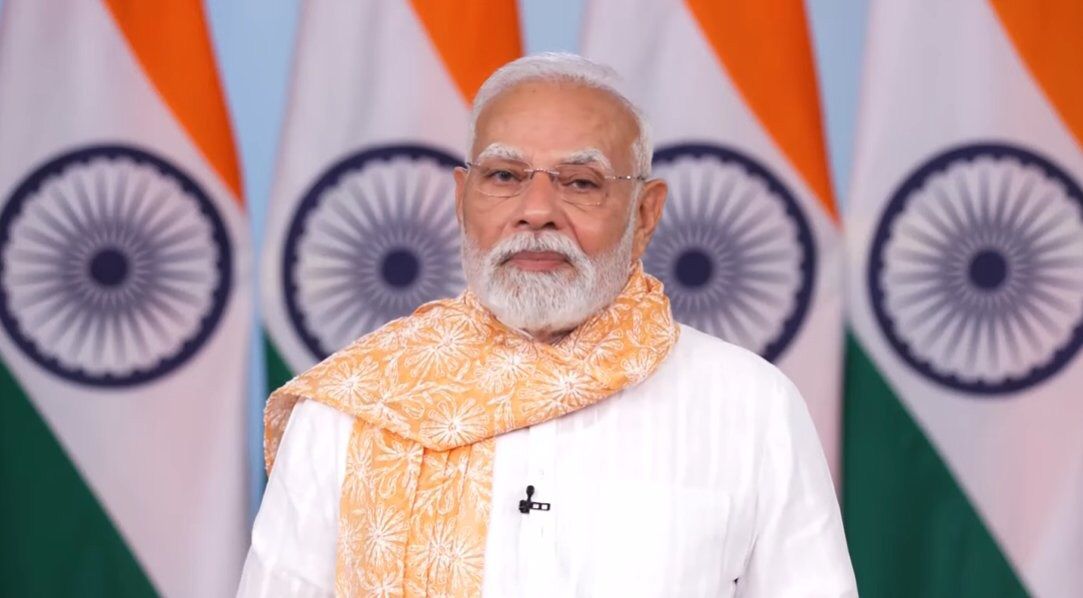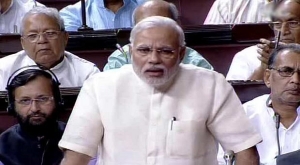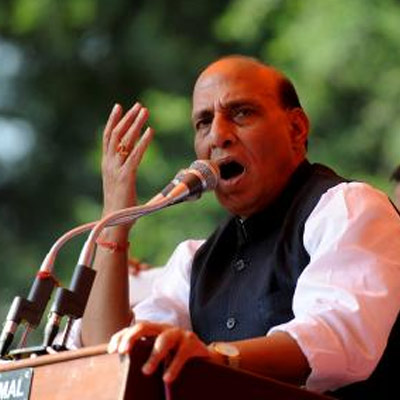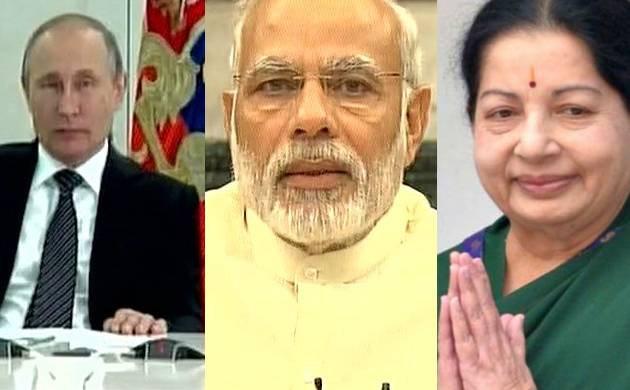PM Modi Highlights Labour Reforms Paving the Way for India’s Future-Ready Economy

New Delhi, November 24, 2025 Prime Minister Narendra Modi on Monday shared an article underlining the government’s labour reforms and their role in building a future-ready Indian economy. The article, penned by Union Minister Dr. Mansukh Mandaviya, details how these reforms are transforming India’s labour landscape, making it easier for workers and businesses to thrive while positioning the country as a reliable global partner. The Prime Minister shared the piece on X, noting that the reforms simplify compliance processes, empower women in the workforce, and strengthen India’s presence in the global value chain. He emphasized that the world is recognizing India’s growth and its emergence as a trustworthy partner in global trade and industry. These reforms aim to address longstanding challenges in India’s labour sector. By simplifying rules and regulations, the government seeks to reduce administrative hurdles, allowing companies to operate efficiently while ensuring workers’ rights are protected. Empowering women workers is another key focus, promoting inclusive participation across industries and boosting overall productivity. The reforms are also intended to enhance India’s competitiveness on the global stage. By making labour laws more flexible and transparent, India is creating a business environment that attracts investment, fosters innovation, and supports sustainable economic growth. Experts note that these measures could help India integrate more deeply into global supply chains, while also ensuring that growth benefits reach workers across sectors. Dr. Mandaviya’s article underscores how these labour reforms are not just about legal adjustments but represent a strategic vision for India’s economic future. By creating a more efficient, equitable, and modern labour ecosystem, India can better adapt to technological changes, industrial demands, and global economic trends. Prime Minister Modi’s sharing of the article highlights the government’s focus on inclusive growth, productivity, and long-term competitiveness. The reforms are expected to benefit both workers and employers, making workplaces safer, more efficient, and better equipped to meet global standards. As India continues to implement these reforms, the government believes that the combined impact of empowered workers, simplified compliance, and a future-ready economy will drive innovation, job creation, and sustainable development, further solidifying India’s role as a leading global economy. PM Modi Highlights Labour Reforms Paving the Way for India’s Future-Ready Economy PM Modi has highlighted the transformative labour reforms driving India’s journey towards a future-ready economy. Sharing an article by Union Minister Dr. Mansukh Mandaviya, he praised reforms that simplify compliance, empower women workers, and strengthen India’s position in the global value chain. The reforms aim to create a balanced labour ecosystem that benefits both workers and employers. Simplified rules reduce bureaucratic hurdles, making it easier for businesses to operate while protecting workers’ rights. Women’s participation in the workforce is a key focus, fostering inclusive growth and increasing productivity across sectors. By modernizing labour laws, India is positioning itself as a trusted partner in global trade. These changes are expected to attract investment, boost industrial growth, and integrate India further into international supply chains. Experts note that this approach not only supports economic expansion but also ensures that the benefits of growth reach workers at all levels. PM Modi emphasized that the reforms reflect India’s long-term vision for sustainable development, innovation, and competitiveness. The aim is to build workplaces that are efficient, fair, and ready to meet future challenges, driving job creation and economic resilience. These labour reforms are a crucial step toward shaping India as a global economic leader, with an inclusive, productive, and forward-looking workforce.




